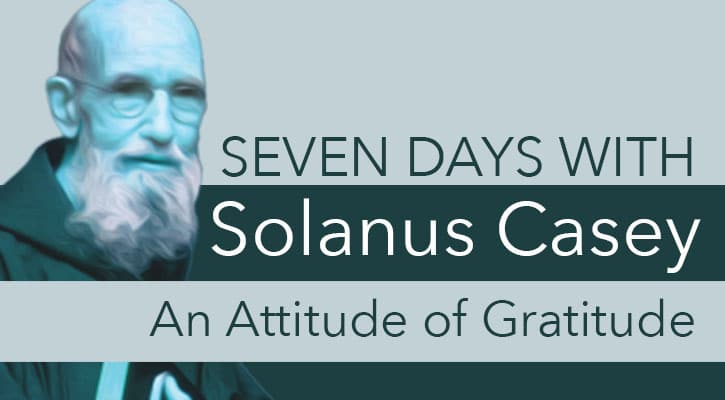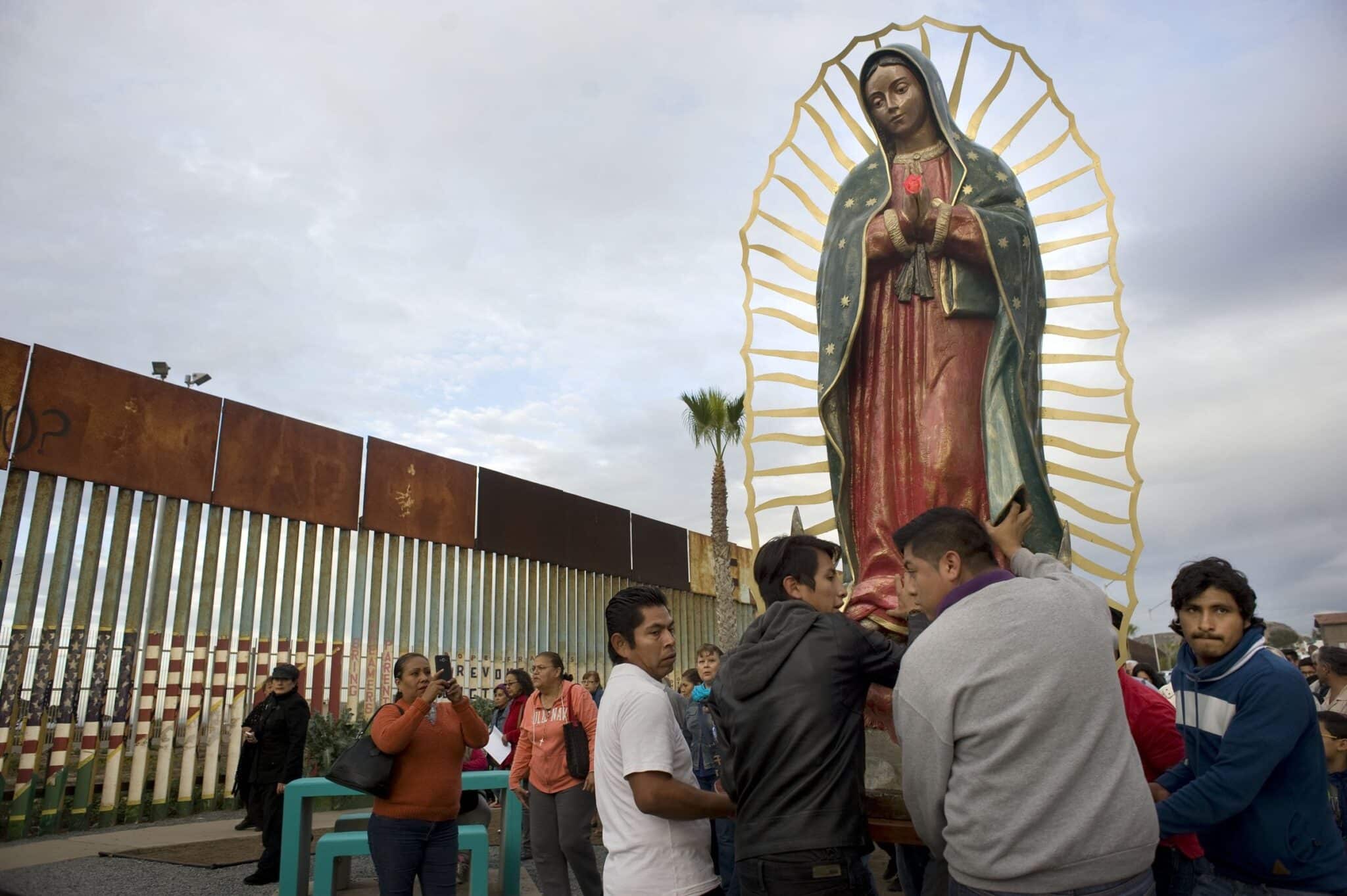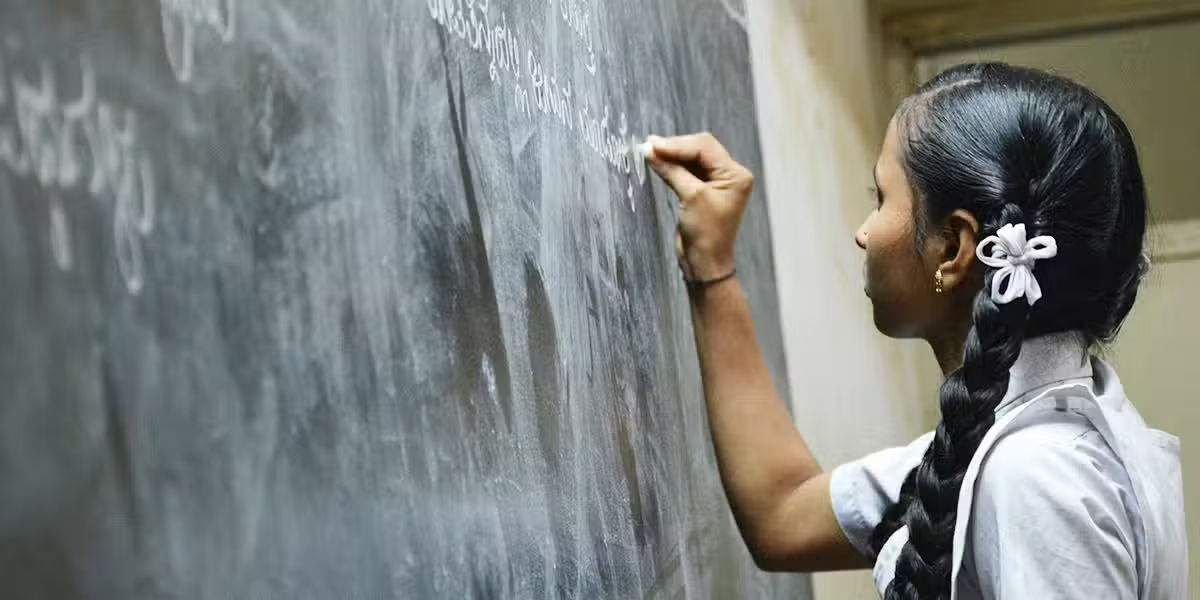Many were the occasions, when speaking with the friars or other people, that Solanus would extol the importance and necessity of gratitude. His letters express this theme over and over. He calls gratitude “the first sign of a thinking, rational creature.” Another simple expression of gratitude is found in a short poem that he wrote:
God made me to know Him.
O! what a blessed aim!
To love Him and serve Him
Sure rests in the same.
It’s heaven begun
For the grateful on earth.
To treasure aright—
Highest Heaven, its worth.
To some people asking for God’s help in their needs, he would suggest that they “thank God ahead of time.” This might seem a bold idea, sort of “putting God on the spot,” as he explained to one of the brothers, but certainly a great leap of faith.
While Solanus could not get personally involved in the daily work of the soup kitchen, he did keep close to it by urging others to support it, especially when he came into contact with people of means. He considered this charity toward the poor one of the best ways to thank God and obtain heavenly favors. His own fervent prayers on behalf of the poor sometimes obtained remarkable results.
One day Fr. Herman sent word over to Fr. Solanus that they were running out of bread. Solanus left his desk and hurried over to the soup kitchen. He asked the people standing around waiting for the meal to join him in praying the Our Father.
As they finished the prayer there was a knock at the door. A man came in with a large basket of bread and said that he had a truck full of loaves outside. After all the bread was brought in and piled up, the man looked at the pile in amazement and said, “That’s more than the truck could hold.”
“Thank God ahead of time” was a popular phrase from Father Casey. Gratitude, in fact, was foremost in this man’s heart.
During this time Solanus became engaged in some parish work. Early in 1935 Fr. Michael Cefai, pastor of St. Paul’s Maltese Church near downtown Detroit, came to the monastery seeking a priest to help with Sunday Masses. Fr. Marion Reossler, the superior, had just told Fr. Cefai that no one was available. Solanus walked by at the moment, and Fr. Cefai said, “How about Fr. Solanus?”
“Well,” said Fr. Marion, “he doesn’t usually help in parishes because he does not hear confessions.” Fr. Cefai replied that he would need him only for the Sunday Mass. Solanus spoke up then and told Fr. Marion that he would be willing to go.
For the next several years one of St. Paul’s ushers would pick up Fr. Solanus and drive him to the church for Sunday Mass. Fr. Cefai usually gave the homily in Maltese, but sometimes he allowed Solanus to preach. His brief homilies were mainly simple admonitions to the people to have more faith and trust in God.
The people came to revere Fr. Solanus as a holy priest, and they loved to attend his Mass. After Mass they would stop to speak with him about their problems and concerns. He promised his prayers for them but also urged them to pray. He encouraged them to grow in faith and confidence in the “Dear Lord.”
Fr. Cefai’s father, mother, and two sisters lived in the rectory and worked for the parish. They usually had Fr. Solanus stay for dinner after his Mass, as he was very fond of their spaghetti. Fr. Cefai and his whole family loved Solanus for his kindness and virtue and sought his prayers for their needs, too.
One time Fr. Cefai misplaced his keys for the church and tabernacle. He searched his pockets and everywhere in the house but did not find them. When Fr. Solanus arrived for Mass, Fr. Cefai told him of the lost keys and his desperation.
“Look in your right-hand pocket,” Solanus said. Even though Fr. Cefai had gone through his pockets several times, now the keys were there.
Another time the pastor’s father had spent a sleepless night in great pain. When Solanus arrived and learned of Mr. Cefai’s suffering, he immediately went in to talk to him. Solanus gently urged him to offer up his pain for sinners. Within a short time, the pain ceased, to Mr. Cefai’s surprise and relief.
“Would that we were appreciative as we ought to be!
How happy we would be simply in our creation and the faculties we are endowed with
and the divine promises of eternal reward.”









1 thought on “Seven Days with Solanus Casey: An Attitude of Gratitude”
As a freshman at St.Bonaventure University taking Philosophy 101 I still remember the first comment the friar made by Renee Descartes; “I think therefore I am.” It seems Solanus Casey expanded on the concept, I’m grateful therefore I am. Kind of profound.